When surfing, there are precious few people who, like me, de-Googled their lives. There’s the odd blog post here and there, but, overall, those of us who took the plunge are few and far between. It still puzzles me, given the regular privacy problems that I find on Google Dashboard (Google supporters will argue that at least they have a dashboard—Facebook doesn’t).
But it appears various states’ attorneys-general (or ‘attorney-generals’ according to USA Today) in the US are concerned about Google’s privacy breaches, too. Two years ago, I uncovered how Google’s lied about its opt-out procedure: Google may well have tracked people, who believe they had opted out from its Ads Preferences Manager, for years. More recently, it was busted, by the Murdoch Press, for tracking people using Apple’s Safari browser. (The day they were busted, they stopped doing it.)
The Ohio Attorney-General’s office summed up the case:
Google generates revenue primarily through advertising. Through its DoubleClick advertising platform it sets third-party cookies — small files in consumers’ Web browsers — that enable third-party advertisers to gather information about those consumers, including their Web surfing habits.
By default, Apple’s Safari Web browser is set to block third-party cookies, but from June 1, 2011 to February 15, 2012, Google circumvented Safari’s default privacy settings and set third-party cookies on Safari Web browsers. Google disabled the circumvention method in February 2012 after the practice was widely reported on the Internet and in the media.
The attorneys general allege that Google’s circumvention of the default privacy settings violated state consumer protection laws and related computer privacy laws. The states claim that Google failed to inform Safari users that it was circumventing their privacy settings and gave them the false impression that their default privacy settings would block third-party cookies. In turn, users’ Web surfing habits could be tracked without the users’ knowledge.
My blogging about something and going to the Network Advertising Initiative is nothing compared to when the US media gets hold of it. Maybe I could have gone to the US media at the time, but chose not to. I still believe it shows a pattern here about Google’s corporate culture, and that the company will do anything when it comes to its profitable, multi-milliard-dollar advertising business.
However, the pay-out, of US$17 million, is around four hours’ worth of Google Adwords’ earnings. So really, we’re not talking about a huge amount here. Maybe Apple Safari users just aren’t worth that much?
On that note, I’m wondering whether we should wind down our Feedburner subscriptions in favour of the default one on Wordpress. It’s much uglier, but it’s not Google. As Google still refuses to resolve the problem about holding on to my old blog data without my permission, the only recourse may be to kill my entire Google account. I’ve now removed my membership of one Analytics account (it only took Google a few years to get that sorted—but less than the four years it took to get my confidential information off Adsense), and there are a few other work things still tied to it, including the Lucire Google Plus page.
On a similar note, I see some people are upset this month about being forced to get a Google Plus account just to comment on YouTube, including YouTube co-founder Jawed Karim (though probably not upset enough to de-Google in most cases). My advice: you really won’t miss commenting on YouTube, since I refused to link my basic Google account with my YouTube several years ago. Get a blog and write your own entry if you want to comment publicly, or write a Tweet or Facebook status update with the YouTube video link, and get things off your chest that way. It’s worked for me and I don’t have to engage some of the daft things that appear among YouTube comments.
As to the YouTube commenting petition, I have a feeling Google won’t care, unless you’re prepared to fight them for years, which is what I had to do to get some basic private data off their systems.
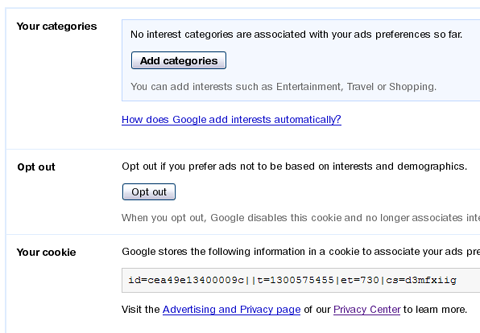
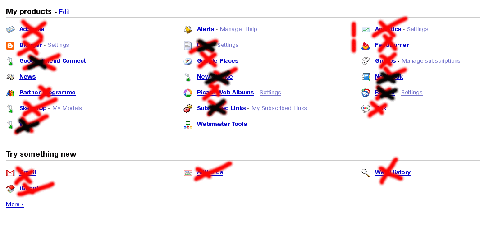
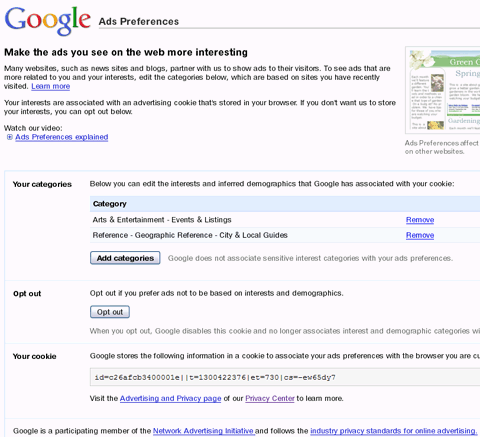

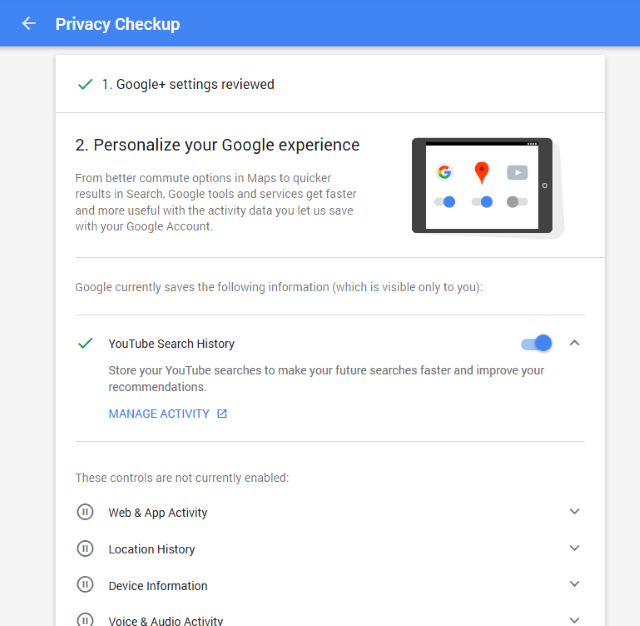
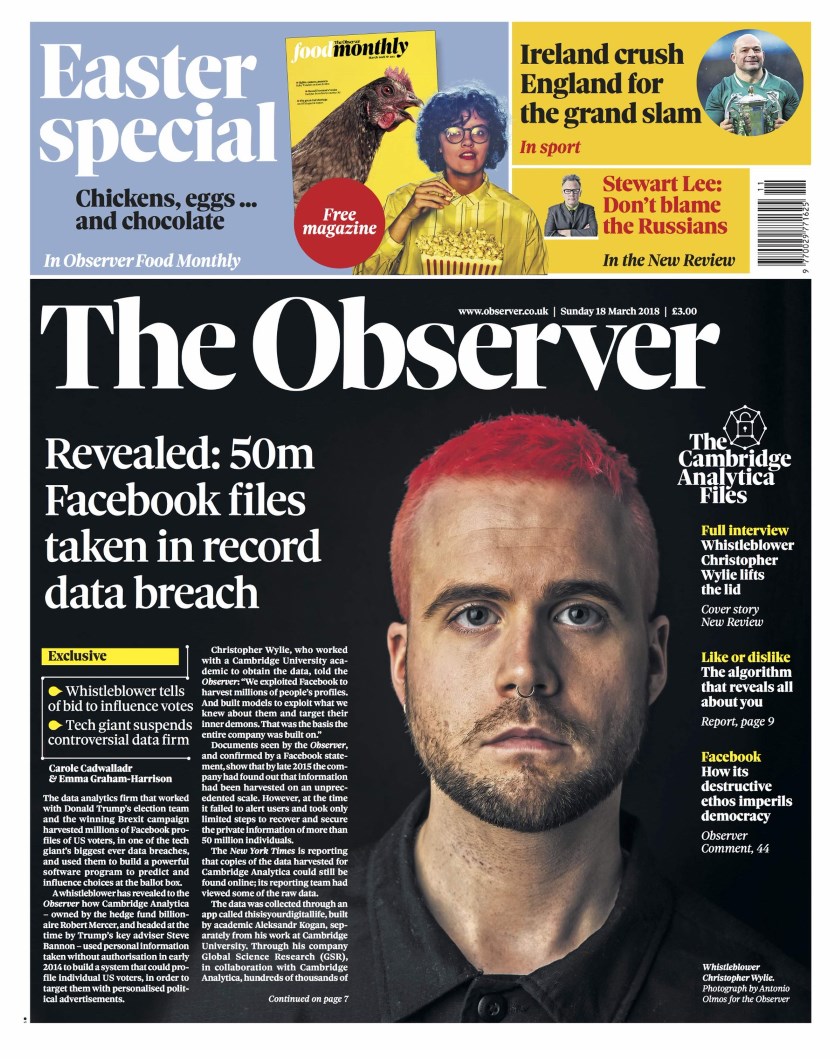
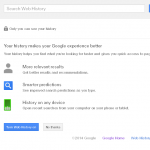

Although I haven’t de-Googled my life yet, Jack, this is one reason among many that I refuse to feel bad about blocking most ads wholesale by way of a modified hosts file (the one at somebodywhocares DOT org, the “How to make the Internet not suck as much” host file). I’ve been challenged that I am depriving certain sites of income, but, I’m of the opinion that they can garner funds in less intrusive ways.
I suppose I’ve been playing a dodgy game, accepting some of Google’s services but refusing to pay the toll fee they exact of everyone, in ads. But I can’t cut all of their services off without cutting off contact to people I want to be in contact with. It’s sort of similar, I think, to the reasons you remain with Facebook. I mean, I would be willing to drop down to UNIX-style mail servers, if you’re familiar with that, but I sincerely doubt anyone I know would follow me there.
I did link my Google account to YouTube way back when; I admit I didn’t understand the implications then. But I did see that Google sneakily tried to rope me back into G+, even before they restricted YouTube comments as such. I will miss YouTube comments a teeny bit… but only because I did meet a few interesting people amongst all the juvenile mouth-breathing comments I usually ran into.
I don’t blame you for blocking ads. While I don’t block them, I block the Doubleclick cookie, and opt out of targeted advertising regularly.
I have to be fairly cold these days and view these sites as tools. Facebook is a tool for messaging and keeping in touch with friends, and a marketing one for things like Lucire and, earlier this year, my political campaign. However, it dawned on me post-campaign: why am I spending money on sites that make some other guy rich, when we have some wonderful businesses through which we share and create content people enjoy?
It’s true there are a few good people around on YouTube, though, sadly, they are the minority. In the last few years, I’ve still not felt compelled to get in touch with anyone, even the better commenters, on YouTube, though I recently got in touch with one gentleman on the Google forums (after he was being blocked by one of the independent “support” reps). His blog’s been out for many weeks, and I didn’t want him going down the same route I did in 2009 since he had the same dodgy guy “serving” him. It looks like that intervention worked and Google has escalated his request.
Well, not to dwell too much on my situation, but generally speaking, being a disabled dad at home, even if I could view social media as merely tools, I’m still looking more at what the communities are like. If I see that the communities have too much poor behavior from the sorts of people I would like to stay in touch with… then I’m gone.
G+ was very bizarre in that regard. The person that invited me… I saw some strange and embarrassingly personal details on his feed at first. What drove me away permanently was an Ex-Voxer that tended to guttersnipe: posting comments in poor taste on others’ feeds and then playing me as a fool when I protested.
If I was ever to return to the short-form, microblog social network sites, it’d have to be when I had business or more public affairs to conduct, a bit more like yourself, and then… ONLY then, would I be interacting with a much more carefully crafted and public persona. I feel disingenuous saying that, but I’m still getting used to the idea of showing only particular parts of myself to the wide world.
Would Tumblr be a good solution for your needs at the moment? It’s not a social network in the conventional sense, but you can have a reasonably limited audience that you interact with, and block yourself from appearing in others’ feeds. However, all Tumblogs are public.
I am satisfied with WordPress for now. I think the missus looked into Tumblr, though. She says she’s doing a book review every week there. I’ll have to reinvestigate the site.
It’s gotten worse, Jack, but probably not to any surprise of yours:
Blogger comments are now restricted to G+-linked accounts.
Scratch that– it seems if Blogger users select the option for G+ comments, it restricts out every other method.
Tumblr hasn’t changed a great deal but the wonderful thing is they still respond to support@ when you have an issue. I know Yahoo! has bought them, and that company jumped the shark years ago, but it seems they are still running things their own way.
I did learn that you can no longer remove Google Plus features without deleting your entire Google account now. That was a surprising development from last week.